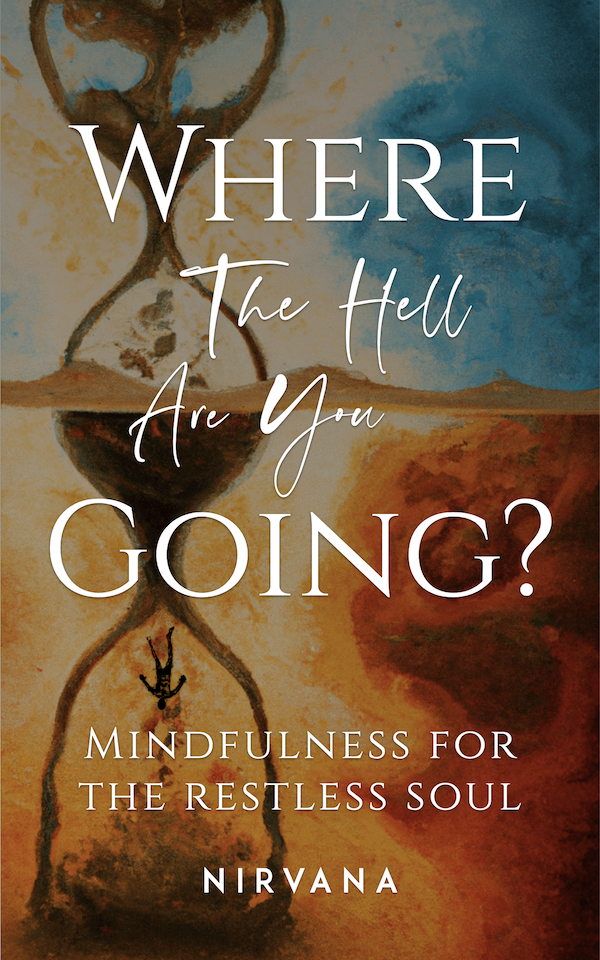
What is Stress?
Stress is not a new phenomenon; we are all very familiar with it. We simply call it by a different name – Life!
Consider this for a moment: is it really possible to fully separate life from stress? Isn’t the very process of living, in some ways, a stressful experience? Stress is a natural part of our lives. However, what we need to manage is the excess build-up of stress over time, which can affect our normal daily functioning.
Stress is not altogether bad. A little bit of stress helps us stay alert, plan, and be prepared for situations. The main problem with stress is that it has no upper limit; we can be as stressed as we want to be. Stress can reach unbearable, crippling levels when we don’t monitor its daily accumulation.
Stress always starts at perfectly manageable levels. When we don’t pay attention to it, or take care of it, it can evolve into a serious problem. Hidden stress is more dangerous than the stress that you can readily identify. So, what is the root cause of excess stress, and how can we manage it?
The single biggest cause of excessive stress is a lifestyle devoid of adequate physical and mental rest. The root cause of stress is our fast-paced and hyperstimulative lifestyle, which does not allow us to rest and relax easily. In today’s day and age, unless we make a conscious effort to relax, we can very easily become stressed.
Luckily, we can manage stress easily by making some simple lifestyle changes. It doesn’t take as long to get rid of stress as it does to accumulate it. You could be suffering from regular stress over long periods, but there are simple, effective, and realistic solutions that can drastically reduce your stress levels.

How to handle stress
Now, let’s look at 10 effective ways of dealing with stress:
1) If you’re entering a stressful situation, back out if you can. It’s better to wait until later or avoid it altogether unless it’s something you must deal with. If that’s the case, keep on reading…
2) Stop and take 10 slow, deep breaths, focusing entirely on your breathing. There’s also a great relaxation technique you can do anywhere, anytime: Sit in a comfortable position and close your eyes. Curl your toes up as tight as you can and hold for a few seconds. Then, move up to your feet, tighten those muscles, and relax. Continue this process up your body—calves, thighs, buttocks, abdomen, back, all the way to your scalp—scrunch your scalp—it feels amazing. This should definitely make you feel much better.
3) Pay close attention to the language of the conversation in your mind during stressful situations. Most of the time, your mind isn’t on your side. Make a conscious effort to slow down your speech rate and think about each word. Regretful things are often said in stressful moments.
4) Identify persistent and recurring problems (and people) that induce stress, and try to solve or avoid them as appropriate. If there’s something that bugs you every day, like an annoying squeaky door, oil it! You don’t need such trivial things adding to your stress. If you don’t like country music, change the station! You get the drift.
5) Take regular breaks during work and, for goodness’ sake, don’t discuss work problems with colleagues during a break! Take a walk, sit outside, listen to a favorite song—do something different. That’s why it’s called a “break.”
6) Don’t give undue importance to your financial position. Live within your means and do the best you can with what you’ve got. A lot of stress might come from “keeping up with the neighbors.” It’s important to know that you can be perfectly happy without being super wealthy.
7) Learn to let go of things beyond your control. Watching a news report of an incident repeatedly isn’t going to make it disappear or change anything that has already happened. It will only stress you out. Don’t feel guilty about not watching the news if it causes you stress.
8) Practice love, compassion, and forgiveness. Don’t harbor feelings of anger, resentment, or jealousy. Always try to look at situations from the other person’s point of view. A really good rule that has been overlooked in modern times is “don’t let the sun set on your anger.” Waking up in the morning and picking up the same issues you went to bed with won’t help you de-stress at all.
9) Your mood significantly affects your stress levels. If your house is a mess, it’s much easier to become upset than if everything is orderly and clean. Seriously! Keep your environment tidy and clean. It will do wonders for your mood.
10) Learn to be mindful of your actions throughout the day. Be aware of changing situations, emotions, and thought processes. This will help you identify stressful situations as they arise. When in a stressful situation, either leave immediately or practice one of the above quick and effective methods.
Stress-relief Books By Nirvana
*Disclaimer: This page offers suggestions for handling stress. We do not guarantee specific results and the results can vary.




